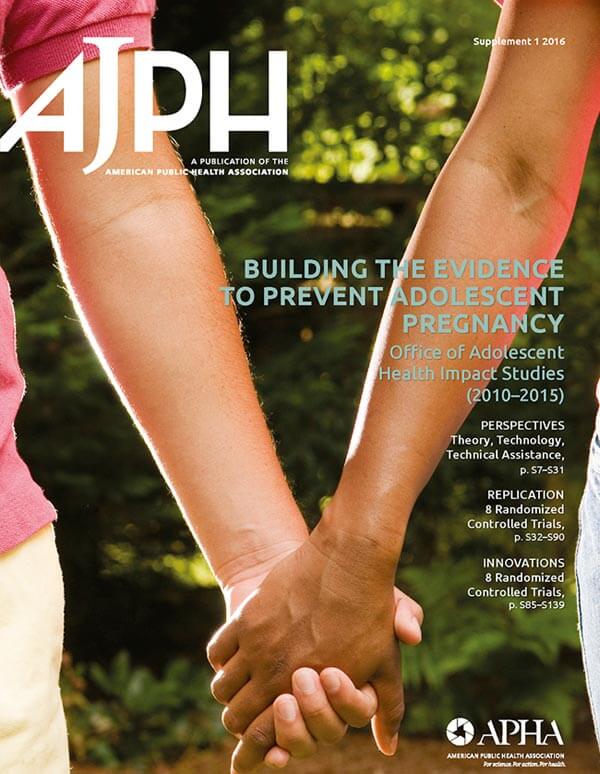About the OPA TPP Program

The OPA TPP program is a national, evidence-based program that funds diverse organizations working to prevent teen pregnancy across the United States. OPA invests in implementing evidence-based TPP programs, and in developing new and innovative approaches to prevent teen pregnancy.
The Office of Adolescent Health (OAH), which merged with the Office of Population Affairs (OPA) in June 2019, administered the Teen Pregnancy Prevention (TPP) program between 2010 and the first half of 2019.
Program Reach and Impact
From September 2010 to August 2015 (Fiscal Years 2010-2014), the TPP program funded 102 grant recipients that:
- Reached nearly half a million youth in 39 states and Washington, D.C.
- Trained more than 6,100 new facilitators
- Created more than 3,800 community partnerships
Grant recipients also had 66 manuscripts accepted for publication and gave 1,300 presentations about their programs. For more information about the reach and impact of the TPP program, see Performance Measures Snapshot.
Evaluation Overview
The TPP program funded 41 rigorous evaluation studies. These studies helped build a body of evidence about where, when, and with whom specific programs are most effective. The evaluation results provided important information that organizations can use when selecting evidence-based TPP programs to implement in their communities.
Two types of TPP grants were rigorously evaluated: (1) replications of evidence-based programs with new populations and/or new settings; and (2) research and demonstrations of new and innovative programs.
- Replications of evidence-based teen pregnancy prevention programs were implemented in different settings and/or with different populations than where originally shown to be effective. Four were found effective in changing behavior in these additional, new settings and populations, and many more reported changes in participant’s knowledge, attitudes, and intentions to avoid risky behaviors.
- New and innovative approaches to preventing teen pregnancy were evaluated and eight new programs had an impact on behaviors that prevent teen pregnancy and met criteria to be considered an HHS evidence-based program.
Evaluations were led by grant recipients using independent evaluators, or through contracts with the federal government. Ninety percent of study designs were randomized control trials and the rest were high-quality quasi-experimental evaluations. Grant recipients were provided evaluation technical support to ensure rigorous methods and reporting.
 An official website of the United States government
An official website of the United States government


